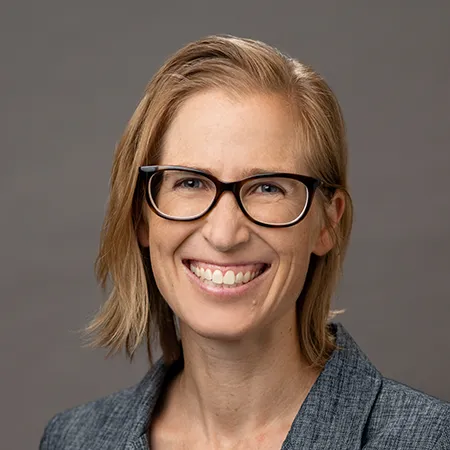Over the past two decades, there has been a sustained increase in the development and number of marine spatial plans. Managers and governments have embraced the approach as a way to maintain ecological integrity of marine environments while ensuring continued provisioning of economic, social, and cultural benefits. However, there is limited empirical evidence that plans and associated management measures have effectively achieved stated goals. To address this information gap, we performed an assessment of existing marine spatial plans to better understand the current landscape of planning goals, objectives, and indicators. We then convened a team of experts to develop an evaluative framework, based both on site-specific objectives and global, overarching goals of ocean planning. Our framework is designed to assess progress toward social, ecological, and economic objectives in the context of enabling conditions (critical factors related to planning and ongoing governance processes) and externalities (unexpected events that influence progress toward a goal). It allows for data-driven assessment of plan objectives, identification of conditions under which progress toward goals has been made, and examination of site-specific context. And importantly, it accommodates a diversity of data types and disciplinary priorities. As governments and practitioners continue the development and implementation of marine spatial plans, and as opportunities for adaptive management arise, an understanding of outcomes is essential. Our framework and synthesis of existing plans represent a new and concrete step forward in the difficult task of evaluation, and provide information and tools for scientists and practitioners working to understand ocean planning outcomes.
Presenters
Rachel Zuercher
Dr. Rachel Zuercher is an interdisciplinary scientist interested in the social-ecological dynamics and governance of coastal and marine ecosystems. She uses quantitative and qualitative data synthesis, social-ecological modeling, and observational approaches to address pressing challenges facing our ocean and the people who rely on it, with a particular emphasis on nearshore fisheries. While a postdoc at SESYNC, her work focused on evaluating the effectiveness of multi-objective marine spatial planning initiatives. In partnership with the Coastal Communities and the Marine Environment SESYNC...
Rachel Zuercher
Dr. Rachel Zuercher is an interdisciplinary scientist interested in the social-ecological dynamics and governance of coastal and marine ecosystems. She uses quantitative and qualitative data synthesis, social-ecological modeling, and observational approaches to address pressing challenges facing our ocean and the people who rely on it, with a particular emphasis on nearshore fisheries. While a postdoc at SESYNC, her work focused on evaluating the effectiveness of multi-objective marine spatial planning initiatives. In partnership with the Coastal Communities and the Marine Environment SESYNC research project, she developed a new framework for assessing social and institutional factors that enable or disable effective ocean management. She also examined case studies to better understand the outcomes of marine spatial planning for people, for communities, and for marine species and ecosystems. Prior to joining the research team at SESYNC, Rachel was a postdoctoral researcher at Florida International University where she analyzed biophysical and socioeconomic data using geographic information systems and statistical models to generate high-resolution maps of nearshore fishing impacts and fish biomass for the Florida Reef Tract and coral reefs in the Lesser Antilles. Rachel is now a postdoctoral fellow at the University of Rhode Island's Coastal Resources Center. She is applying her background on fisheries and ocean governance to research focused on distant water fishing fleets and their impacts on food security in the places where they fish.
Rachel earned her doctorate at the University of California, Santa Cruz where she explored how social and ecological connectivity shapes kelp forest ecosystems and the nearshore groundfish fishery that operates within them. She is passionate about research that furthers our ability to manage the ocean in a socially just and environmentally sustainable way.
External Links:
https://scholar.google.com/citations?user=1X_KavAAAAAJ&hl=en
https://rachelzuercher.com
